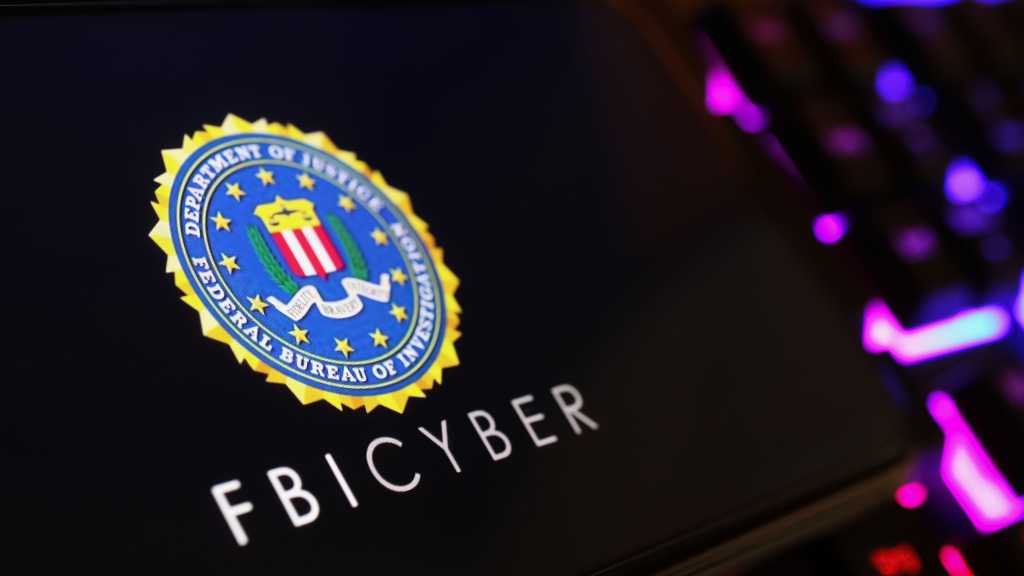“I love seeing these kinds of actions by global law enforcement,” said David Shipley, CEO of Canadian-based cybersecurity awareness firm Beauceron Security. “They’re the next best thing to catching and throwing the crooks behind these online crimes into jail.”
“In cases where there’s no reasonable chance of successful prosecution, particularly when threat actors are in hostile jurisdictions, breaking up their infrastructure and removing active threats from victims is a great step,” he added. “This is a great example of imposing costs on cyber crime because now they’re going to have to rebuild their botnets. And it’s doing something to protect society.”
A huge milestone
Ed Dubrovksy, chief operating officer of Cypfer, an incident response firm, said the international response “is a huge milestone in fighting malware on computers, and takes an unprecedented step by law enforcement to protect people’s digital assets. However, this operation essentially created what might be a very dangerous precedent, where law enforcement sends possibly unauthorized (by owners of devices) commands to user PCs in order to compel devices to take certain actions. Whether this was undertaken after users provided some sort of consent or not is to be determined, and unknown at this time.”

